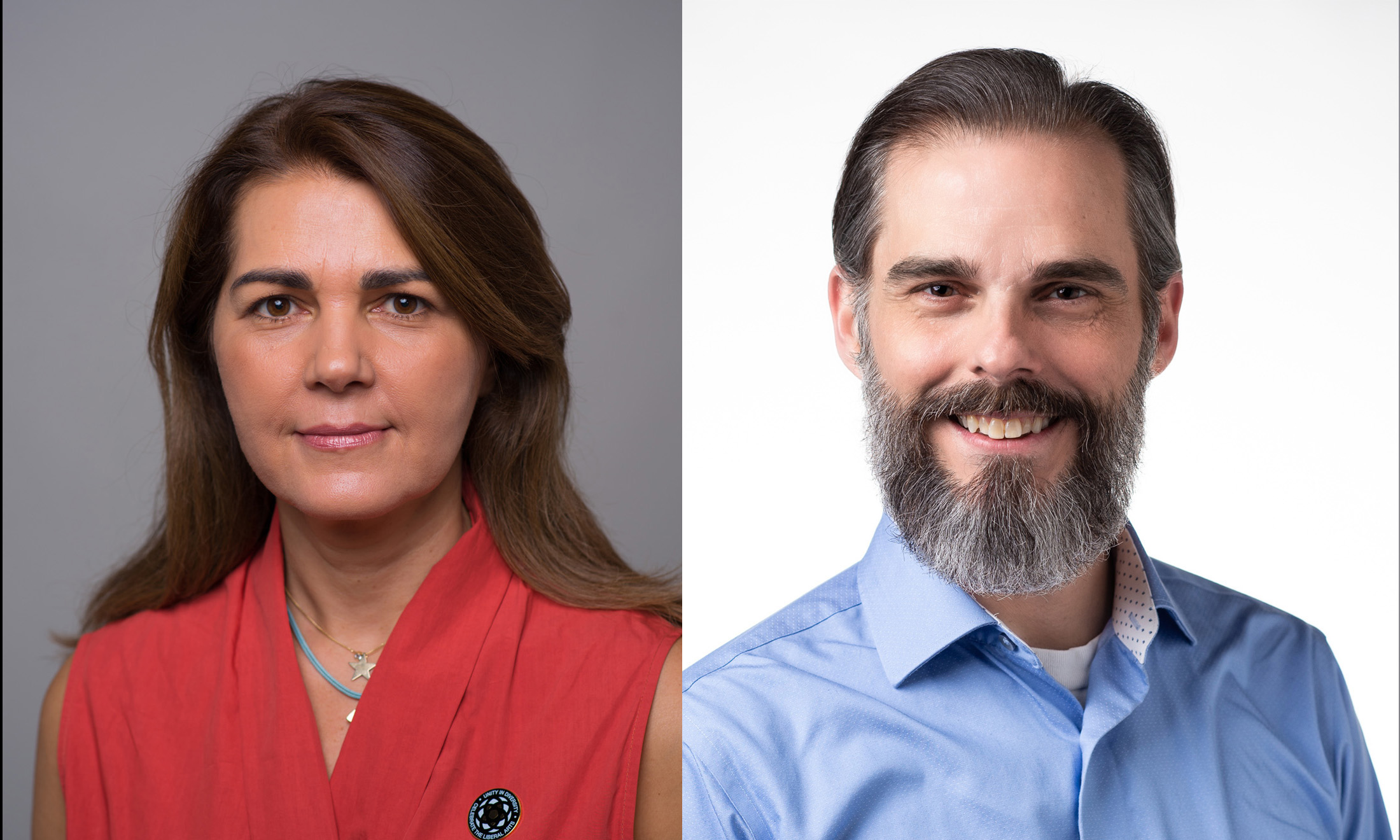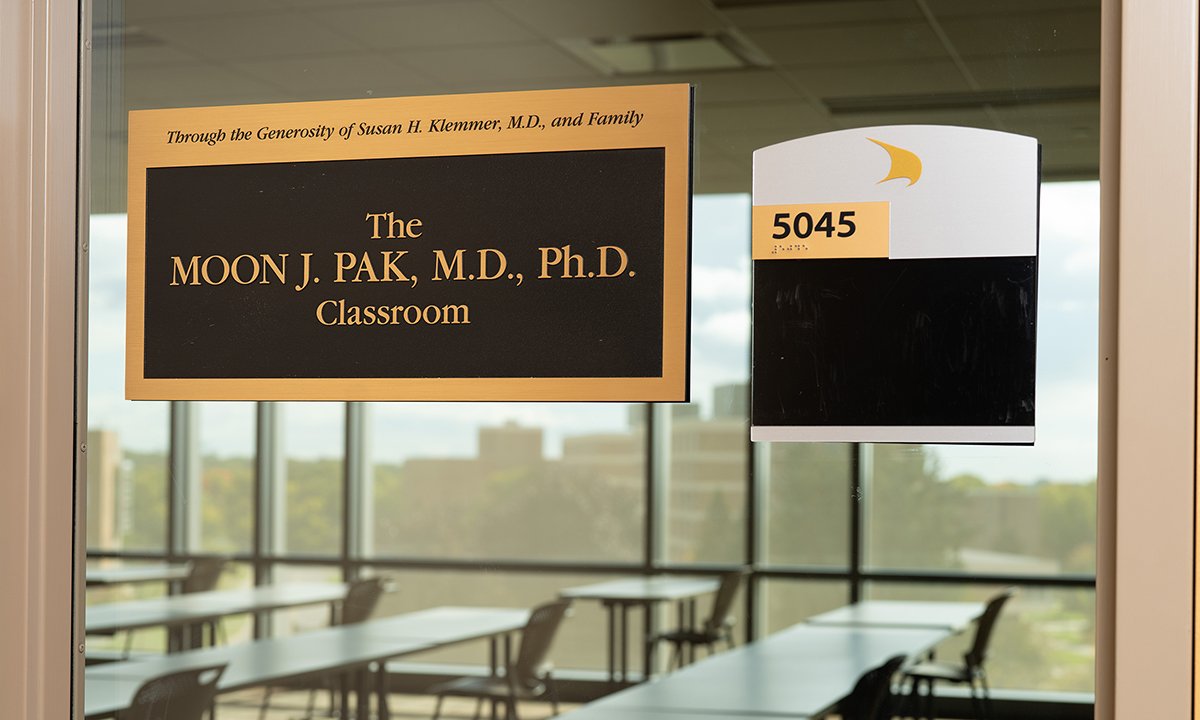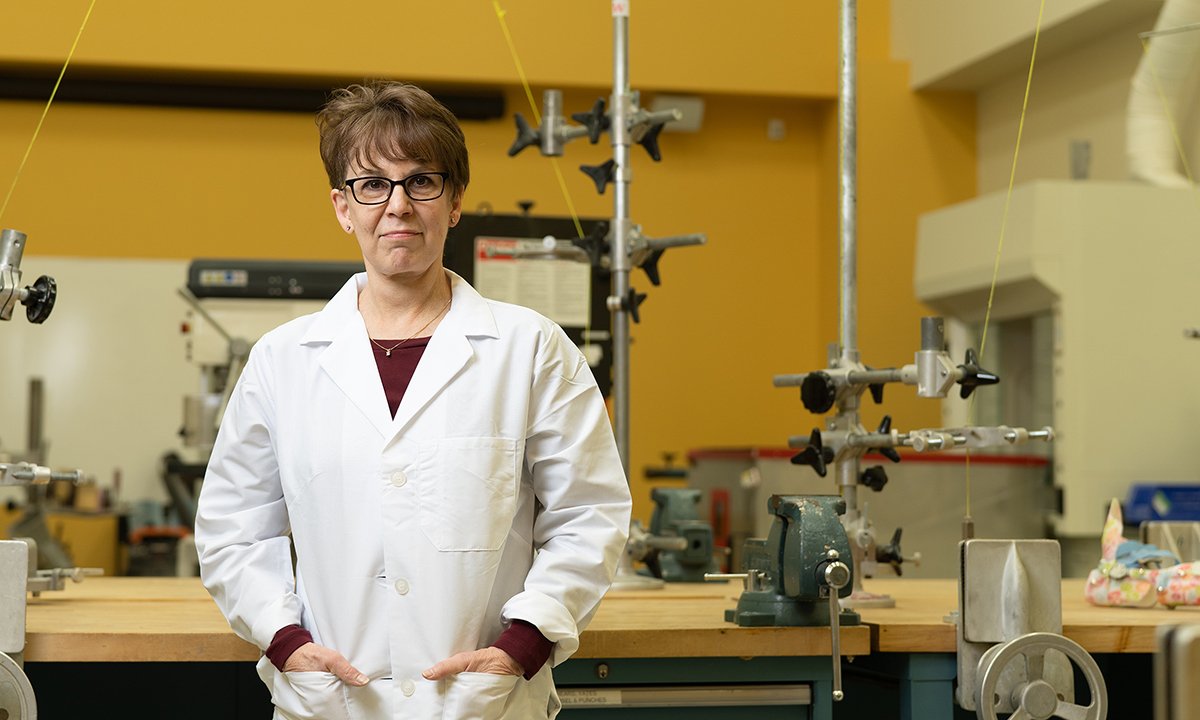Promoting Access, Opportunity and Inclusion
Professors Papadimitriou and Rohn study individuals living with disability
2020 marked the 30th anniversary of the Americans with Disabilities Act (ADA), which ensures the rights of over 61 million persons with disabilities to pursue and enjoy the same opportunities available to all Americans. Since its passage in 1990, the law has been strengthened, through amendments and additional legislation, to expand equity to citizens with disabilities in areas such as employment, community accessibility, the provision of healthcare, and an improved overall quality of life.
School of Health Sciences faculty members Dr. Christina Papadimitriou, associate professor of interdisciplinary health sciences and sociology, and Dr. Edward Rohn, assistant professor of interdisciplinary health sciences and anthropology, are committed to furthering the goals of the ADA. They conduct research aimed at proactively addressing health inequities and exploring the causes of marginalization of people with disabilities.
Inspired by the principles of healthcare equity, inclusion and social justice, Papadimitriou and Rohn advocate that disability is a part of human diversity, yet each offers a distinct contribution to broadening our awareness of patient-centered, disability-related practices in rehabilitation.
Christina Papadimitriou, Ph.D.
A sociologist of medicine and disability, Papadimitriou’s interprofessional research areas of focus include making healthcare more relationship-centered, and improving healthcare access for persons with disabilities. Her internationally recognized scholarship aims to analyze and reveal the societal assumptions about what it means to live with disability, to re-think disability-related medical rehabilitation, and to challenge widely accepted norms.
“My work focuses on the acceptance and experience of disability as another type of human diversity – a diversity that has long been unrecognized. There are a number of possibilities for living in a world that fully embraces disability as a positive form of human potential,” Papadimitriou says. “When this happens, we see how the equitable access to health care is fostered. Seeing the world this way requires re-thinking our assumptions of worthiness, competency and independence.”
Papadimitriou is currently a co-principal investigator of a five-year grant funded by the National Institute on Disability, Independent Living, and Rehabilitation Research (NIDILRR), the federal government’s primary disability research agency. “This work, a year-long peer health navigation intervention in Chicago to help Medicaid beneficiaries with physical disabilities overcome barriers to preventive and primary care, speaks to healthcare access for disabled people who, despite having insurance, have poor access to healthcare and poor health outcomes,” she explains.
Papadimitriou’s work extends to enhancing how states of consciousness are measured in individuals with severe traumatic brain injury. By considering family caregivers or care partners’ perspectives, “Our goal is to improve shared decision making in these populations of persons who cannot advocate for themselves due to severely impaired cognition,” Papadimitriou says.
Edward Rohn, Ph.D.
Rohn is an applied medical anthropologist who aims to improve satisfaction and outcomes for patients and providers. His studies include coping with disease, striving for healing, and living with and treating chronic illnesses. Specifically, his scholarship investigates the social experiences of chronic pain (particularly after spinal cord injury [SCI]), how physicians are trained to think and act like doctors (particularly in family medicine), and the clinical encounters between patients and providers.
Last year, he co-authored a paper entitled “Narratives of long-term resilience: two cases of women aging with spinal cord injury” that was published in Spinal Cord Series and Cases, an international, online journal. “Studies have shown SCI drastically affects a person’s sense of identity, his or her ability to participate in meaningful life activities, and quality of life,” Rohn describes. “We argue that recognizing resilience in patients with SCI (one extreme challenge) may give important information that will assist clinicians and researchers to better recognize patterns of resilience in their own patients and study participants.”
Rohn is now collecting international survey data from individuals with SCI personal experiences and medical concerns related to COVID-19. “Early findings suggest access to health services and support are being interrupted for this vulnerable group, leading to negative outcomes and increased health anxiety,” he explains. “And yet, interestingly some respondents have indicated that the experiences inherent in being disabled are now becoming better understood, as we all move to work and socialize in ways that those with spinal injuries have struggled to attain for years.”
Why these types of research matter?
“Much of our world today has been developed by, and for, able-bodied neurotypical individuals,” says Dr. Jennifer Lucarelli, associate professor and chair of the interdisciplinary health sciences department. “The work of Drs. Papadimitriou and Rohn seeks to improve our understanding of the needs of persons with disabilities so we are better able to serve all of our community members. In particular, applications in health care systems will improve health outcomes and quality of life for these vulnerable populations.”

 January 12, 2021
January 12, 2021
 By Nina Googasian
By Nina Googasian



